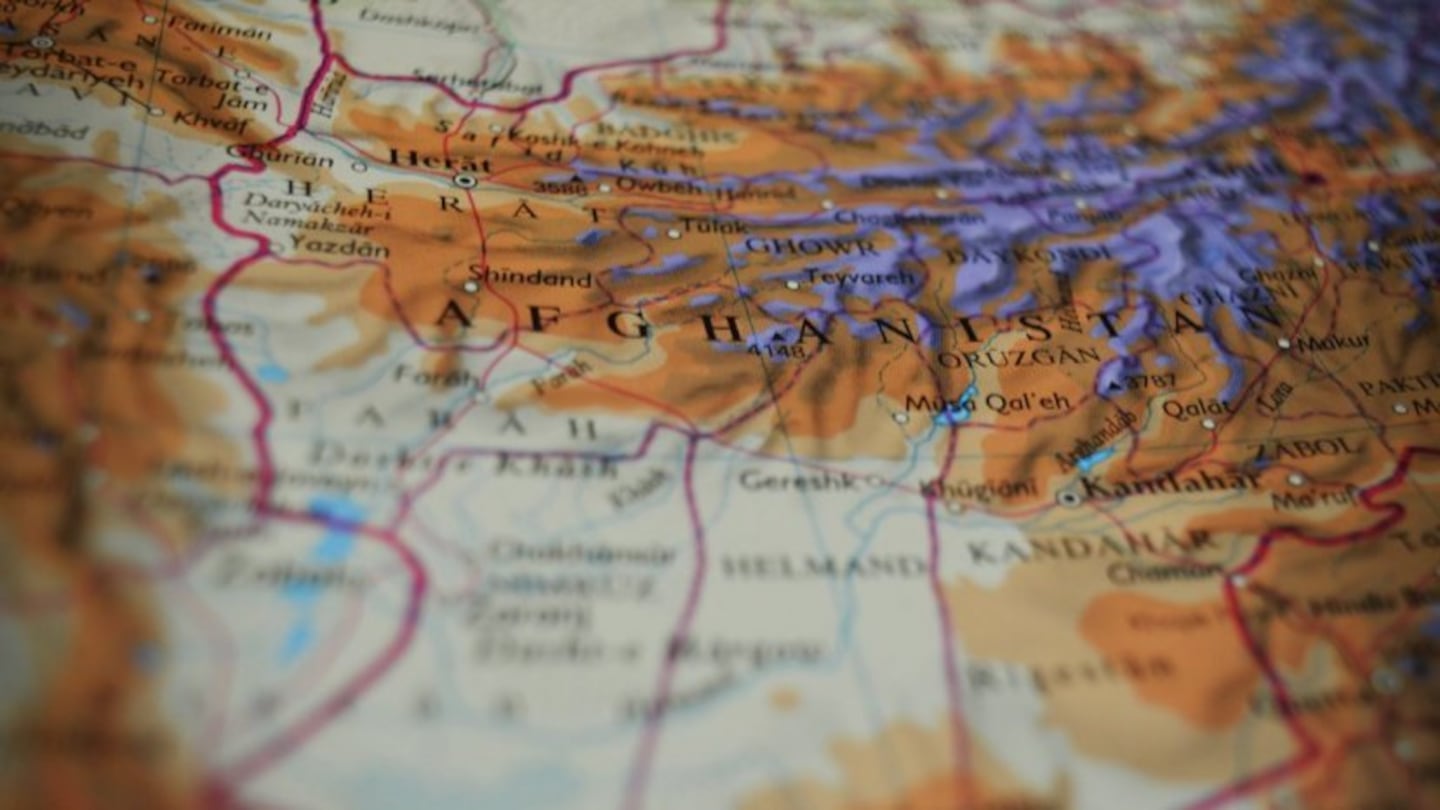Rituraj Sapkota, 34, is a Nepali national who lived through the civil war between Maoist rebels and government forces in Nepal from 1996 - 2005. More than 17,000 people were killed during the conflict and the revolution resulted in political, social and cultural change in Nepal. He is a documentary filmmaker who now works as a videographer in the press gallery for Māori Television.
OPINION: What do I know of Afghanistan? Very little, like most people. But I do know how a child that’s grown up under the shadow of war in Afghanistan is feeling today. During the conflict in Nepal that I lived through nearly two decades ago, I would wonder if I really needed to finish homework because there might be no school tomorrow. Or the day after.
While I was lucky to be in one of the safer parts of the country, there were many my age that were being recruited into, or voluntarily joining, the Maoists. For families outside the war zones, life was about trying to maintain sanity, working hand-to-mouth in one of the poorest economies in the world, sending kids to schools that were constantly disrupted by strikes called by the People’s Liberation Army, and concealing any sign of economic comfort to avoid being asked to ‘donate’ to the cause. For families in areas that were contested or under Maoist control, life was about not getting killed by either side and guarding against your kids being recruited.
I am not saying the Maoists are like the Taliban. Apples and Oranges. The Maoists stood against the class system and against state oppression. They rejected religion and caste, they arguably rejected patriarchy and recruited women in their ranks and ‘local government’. They stood for the recognition and rights of indigenous groups, and claimed to speak for the working class.
In the Taliban’s case, they seem quite happy to be oppressors, as we witnessed in the 1990s. But there are parallels to be drawn. Both were up against a self-serving administration that wasn’t doing much for its poorest. Both carried the mark of a ‘terrorist organisation’ designated by the USA. Both enabled an authoritarian state, including kangaroo courts to deliver swift ‘justice’ to people who had been ignored by the administration. This is what gave them legitimacy at the grassroots.
And legitimacy is a big thing. When the Maoists entered mainstream politics in 2006, we were apprehensive. But a peace process was initiated, the People’s Liberation Army was disarmed with reintegration of its fighters in different ways, and leaders of the revolution revised their ideology and turned into career politicians. The Maoists’ integration into the political framework has had many lasting effects - a move from a Hindu kingdom to a secular Republic, federalism, representation, and the political awakening of marginalised groups and indigenous communities. Compared to the decade-long war, the transition was relatively peaceful and the ‘revolution’ effectively ended. They became a legitimate political party.
Could something similar happen in Afghanistan too? There is obviously a possibility given the US, the most recent culprit in a long bloody history of invasions and turmoil, cut a peace deal and withdrew, realising the Taliban had the advantage. The swift takeover, given the circumstances, was probably more palatable than a drawn-out civil war. But where to from here? There is no way out for the international community other than to recognise the Taliban and then use political diplomacy and possibly economic sanctions to ensure governance of a modern state. The alternative would be putting boots on the ground again, and that is a rabbit hole the world does not want to go down again. The US should be made to account for a botched job, but history tells us that rich countries do not pay a price for their actions.
It’s heart-breaking to watch events unfold. I’ve seen young people giving to Go Fund Me campaigns for evacuation flights because they feel helpless and guilty. But their taxes were used by their government to support military action in another country for some 20 years. It’s money that could have gone to paying for their own health, housing and education.
There are 38 million people in Afghanistan, most of them scared for their lives and their future. When push comes to shove, American planes will take off with people clinging on to their wings.
But in the politics of war, Afghani lives don’t matter. The suicide attack at Kabul airport by Daesh has entered the news cycle. Press conferences are being held around the world and statements are being issued, a lot more than were made after the attacks in Kunduz in January, at Logar in April, at a school in Kabul in May, at a mosque a week later and another soon after, and in Balkh in June. Perhaps because only Afghani died in those attacks.
Governments around the world will send their condolences. Will they be addressed to the Taliban? Does this now make them allies in the war against Daesh? Even as they promise amnesty and governance, the Taliban will probably use imminent attacks in the future to go back to their old ways and rule with an iron fist to establish ‘stability’. They have fought incessantly for control and there is no way they will disarm and transition to a democracy.
Foreign powers certainly have no moral standing to pressure them to do so. Curtailing women’s rights, authoritarianism and religious extremism, public executions, silencing the press. Many of America’s allies do this and more. And once again, people in an impoverished country will be plunged into decades of darkness.



